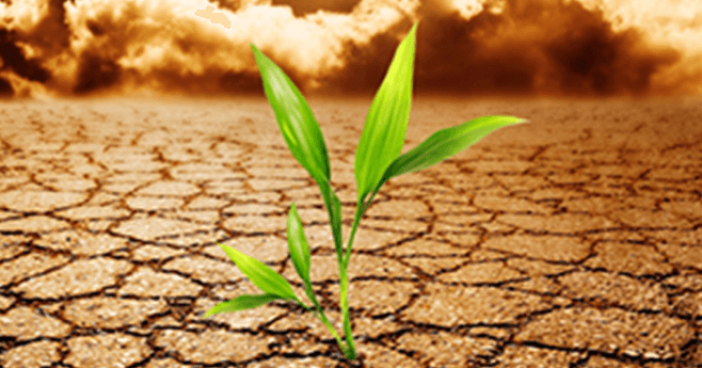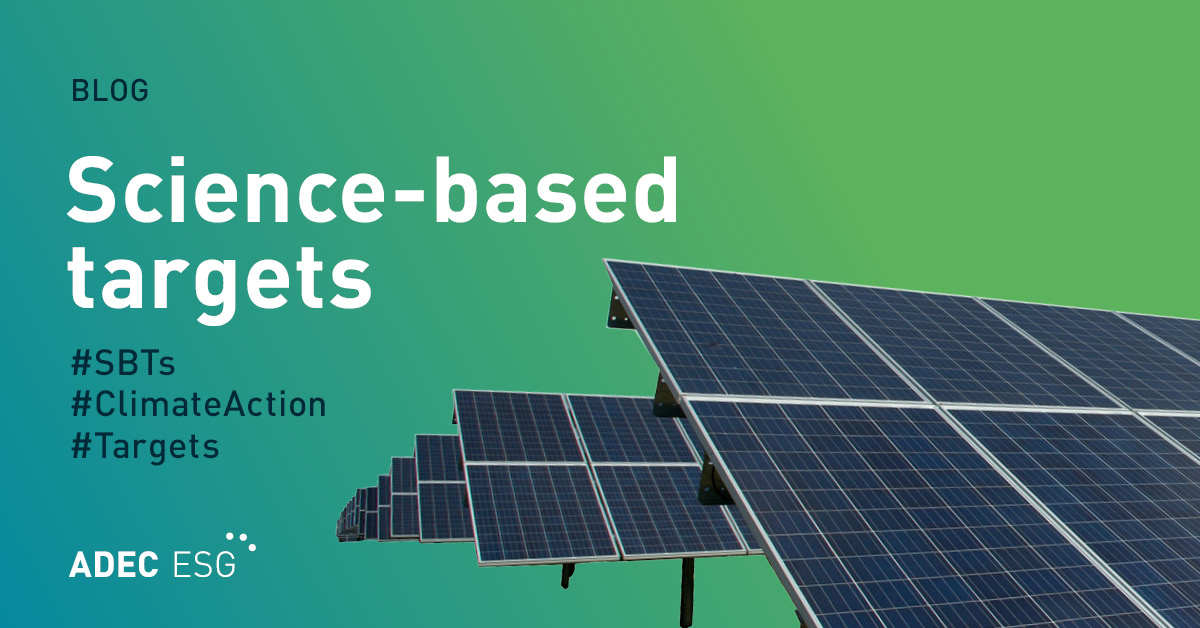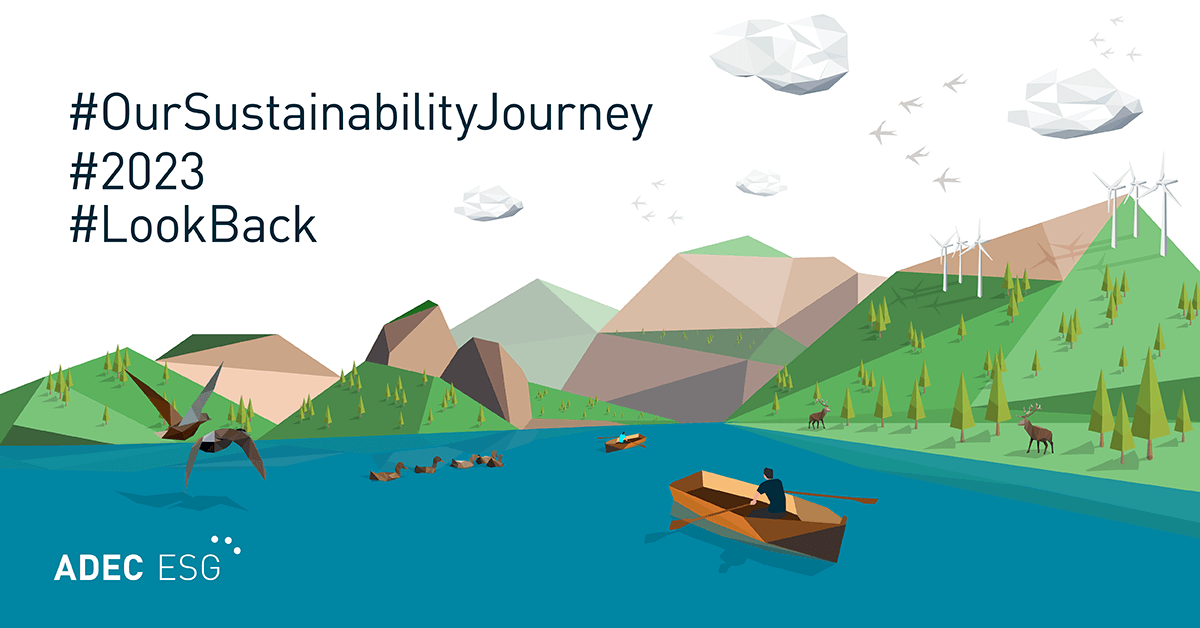 “We live in an era of man-made climate change”. This is what climate change consultant and co-chair of the United Nations Intergovernmental Panel on Climate Change (UN IPCC) Vicente Barros said in the report entitled Climate Change 2014: Impacts, Adaptation and Vulnerability. It is evident that the impacts brought about by climate change can be felt all over the world. The recent IPCC report discussed the repercussions of climate change as it affects people, economies and the Earth’s ecosystems.
“We live in an era of man-made climate change”. This is what climate change consultant and co-chair of the United Nations Intergovernmental Panel on Climate Change (UN IPCC) Vicente Barros said in the report entitled Climate Change 2014: Impacts, Adaptation and Vulnerability. It is evident that the impacts brought about by climate change can be felt all over the world. The recent IPCC report discussed the repercussions of climate change as it affects people, economies and the Earth’s ecosystems.
The Earth’s changing climate is speeding up the occurences of natural disasters, the extinction of several species and the future prospertity of some countries. The UN, through the IPCC report, warned that the effects of climate change are due to worsen in the coming decades as the burning of fossil fuels and deforestation continue to cause increased levels of greenhouse gas (GHG) emissions.
The UN IPCC panel noted that industries around the world need to take on the environmental risk management challenges on climate change and capitalize on the different tools and approaches needed for climate change adaptation. Compared to the previous UN IPCC report in 2007, this year’s report put more emphasis on identifying environmental risks and working on possible ways to reduce those risks through adaptation. Environmental risk management plays an important role in integrating climate change adaptation measures into economic and social development projects.
The current report documented several solutions to climate change as countries all over the world have started to adapt to it. Examples of adaptation measures include the use of ecosystem-based approaches and adjustments in technologies and infrastructure in North America, South America, Central America and Africa. While in Europe and Asia, adaptation is being facilitated by initiating climate adaptation policies into development planning, water resources management and disaster risk management. With the increased environmental risk management efforts in several U.S. cities and European states, adaptation investments to create sustainable businesses have also started to emerge.
However, the report also made it clear that climate change adaptation could not replace mitigation. While adaptation plays a key role in decreasing environmental risks posed by climate change, it is also essential to make the necessary investments that would help in effectively reduce its impacts. The UN IPCC report warns that many climate change impacts will continue on until the year 2050. By that time, these impacts may reach beyond our adaptive capability limits so mitigation efforts at the present time are encouraged.
Today, industries put a stronger focus on adapting to reduce the risks of climate change rather than preparing for a changing climate in the future. The UN IPCC report’s that the key takeaway is to have more investments in environmental risk management that would help in the preparation of the future impacts of climate change.
To prevent future impacts of climate change, industries should start going beyond their adaptation measures and focus on their climate change mitigation programs. Both private and public industries can start doing this by supporting the use of low-carbon materials and facilities to help reduce their greenhouse gas (GHG) emissions. In addition, shifting to new technologies through the use of renewable energy resources and more efficient energy systems will eventually help mitigate the impacts brought about by climate change.
FirstCarbon Solutions (FCS), a leading climate change solutions provider, helps develop solutions to climate change, including the identification of the risks and opportunities associated with climate change, providing expert advice and citing best practice examples on climate change mitigation. For more information or to request a consultation, contact FCS today.






